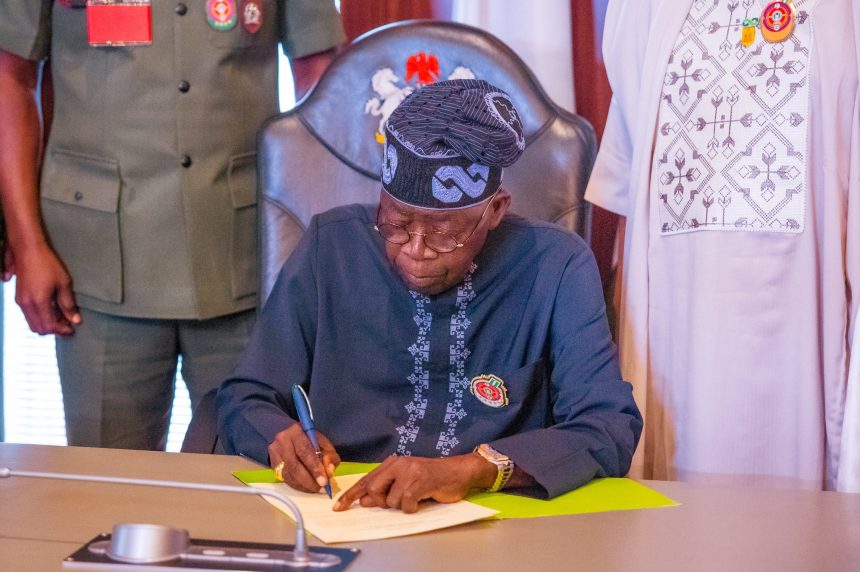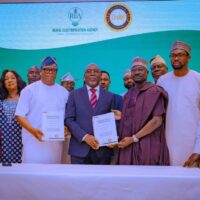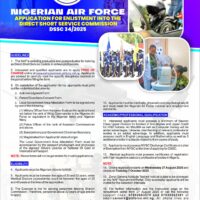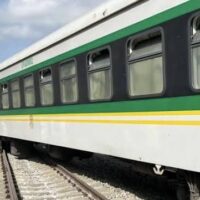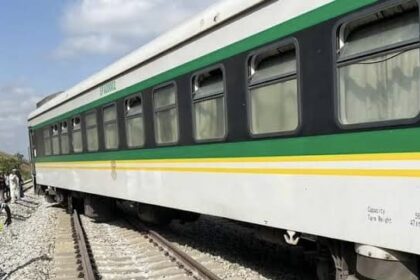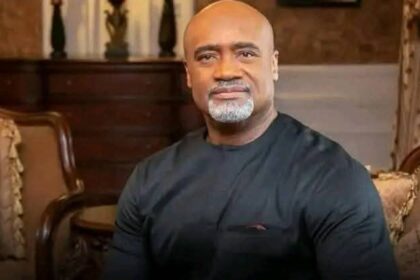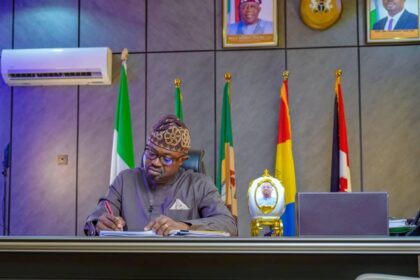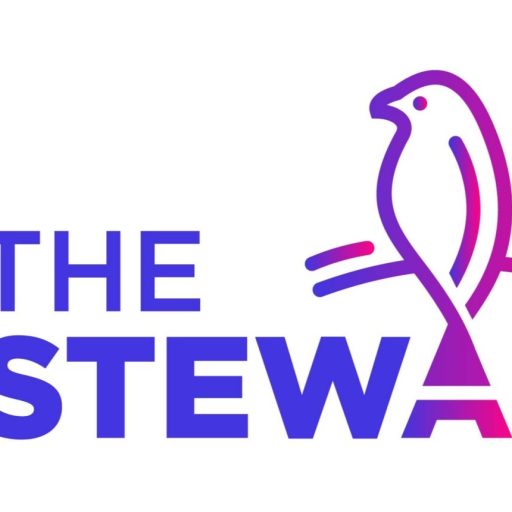President Bola Ahmed Tinubu has submitted a comprehensive loan request to the Nigerian Senate, outlining multi-billion dollar funding plans for a wide range of infrastructure, energy, security, and development projects across the country.
The borrowing plan, which spans a six-year disbursement period, covers critical national projects such as railway construction, road development, energy grid expansion, port modernisation, and youth empowerment. According to Senator Sani Musa, the plan is part of a long-term strategy to stimulate growth without jeopardising the country’s debt sustainability. He also assured that Nigeria has not defaulted on any existing loan obligations.
A major portion of the loan, $3 billion, is earmarked for the construction of the Eastern Rail Line connecting Port Harcourt to Maiduguri, a long-awaited project expected to boost economic activities in the Southeast and Northeast.
In addition, $1.33 billion will fund the Akwanga–Jos–Bauchi–Gombe dual carriageway, while $2.21 billion has been allocated to upgrade both the Eastern and Western Super Grids to strengthen Nigeria’s electricity transmission infrastructure.
Other power-related projects include:
- $100 million for the Presidential Power Initiative to enhance electricity distribution;
- $116 million for high-voltage transmission lines to evacuate 700 megawatts of power from the Zungeru hydropower station.
The Lagos Green Line Rail Project will receive a $2 billion investment, while $596.2 million is set aside for rolling stock on the Kaduna–Kano rail corridor under the national rail modernisation scheme.
To improve maritime infrastructure, $508 million will be used to modernise Nigeria’s eastern port system.
Also included in the plan are multiple projects supported by the African Development Bank (AfDB), including:
- $100 million for the Youth Entrepreneurship Investment Project (five-year implementation);
- $45 million for Sokoto State’s Health Infrastructure;
- $50 million for the Yobe State Integrated Climate Action Project.
Additional funding requests include:
- $250 million for the Lekki Access Road (7th Axial Road Project), with a three-year completion target;
- $540 million for the Nigeria Border Security Project (phase two of a broader security initiative);
- $700 million for the Lagos-Calabar Coastal Highway;
- ¥150 billion from Japan’s International Cooperation Agency (JICA) for an emergency food security programme.
Senator Victor Umeh (Anambra Central) lauded the plan, particularly the renewed focus on long-neglected southeastern infrastructure. “This is the kind of bold investment we’ve waited decades for. I fully support this borrowing plan because it addresses real developmental gaps,” Umeh said.
The ambitious loan package is expected to significantly reposition Nigeria’s infrastructure, energy, and socio-economic landscape over the next six years, with the government assuring careful management and project delivery.

